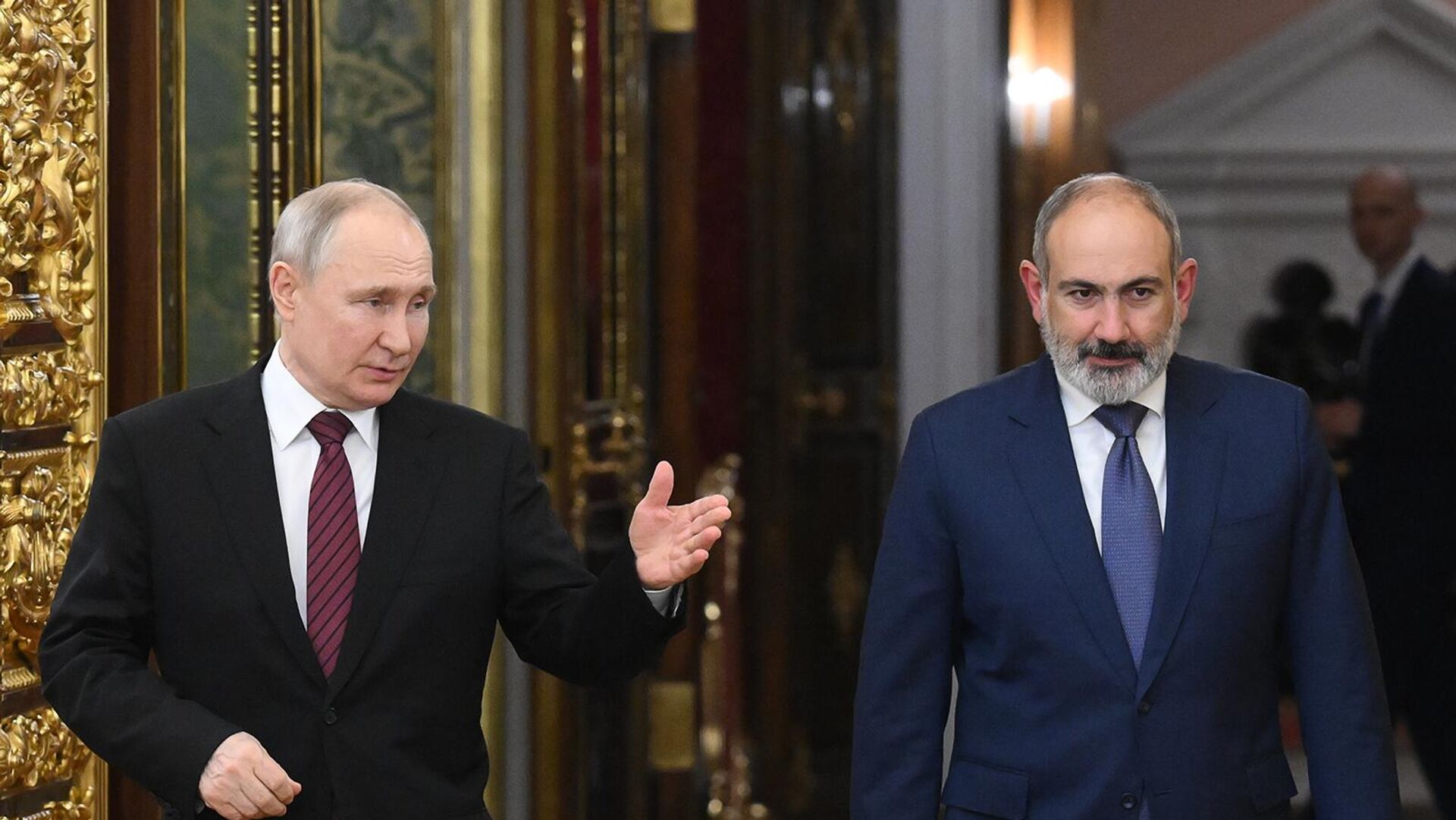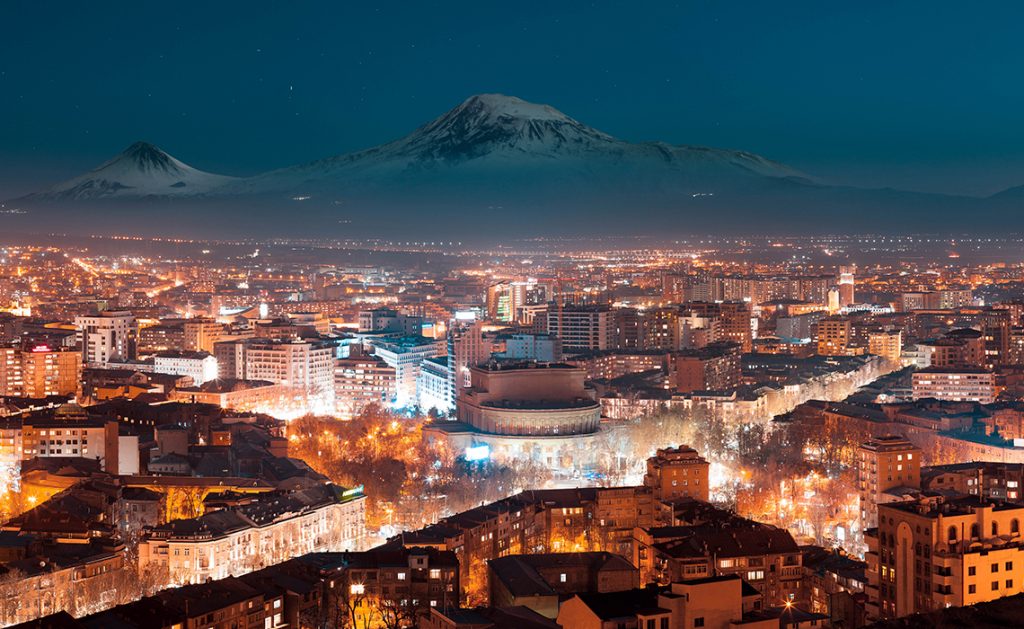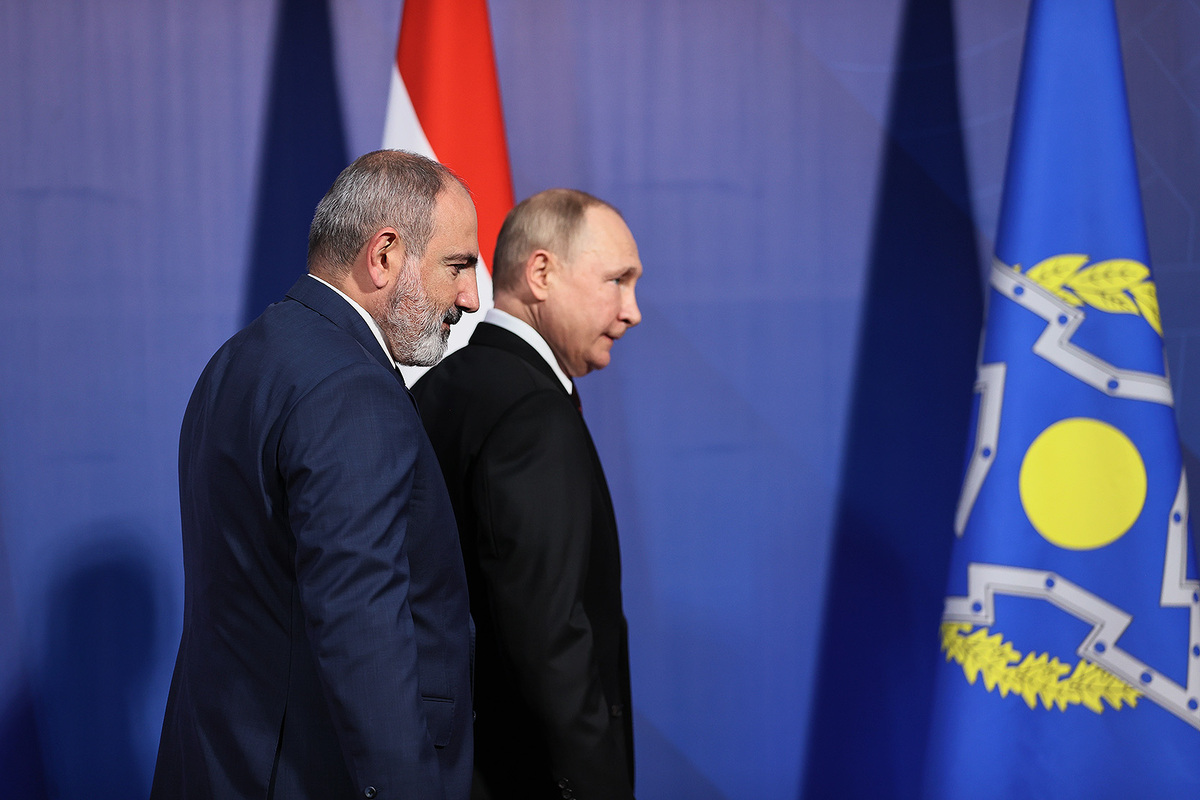‘Moscow knows the fire will be lit not in Yerevan, but in Baku’ – Armenian analysts
Russia reacts to changes in Armenia
‘Armenia is only seen as a tool through which the US and EU want to ignite a new major fire,’ said Maria Zakharova, the official representative of the Russian Ministry of Foreign Affairs, during her weekly briefing.
According to her, it is obvious that Brussels and Washington aim to sever all ties between Armenia and Russia, both in terms of security and economy, and to undermine mechanisms of regional security and partnership.
Armenian analysts immediately responded to Zakharova’s statement. And they all agree on one thing: ‘In Russia, they know that the tool for igniting a big fire is not Armenia, but Azerbaijan.’ In their opinion, the criticism directed at Armenia is a reaction to the anti-Russian sentiments that have been emerging recently in Armenian society.
- “Is the West offering Armenia an insufficient proposal instead of genuine support?” Opinion
- Armenia’s economic ties with the West: Tough, yet achievable
- “Armenia does not create dividing lines in the region” – Pashinyan
‘They want to deprive Armenia of everything national’
‘The Westerners, as we know, aim to sow discord among the closest neighbors, namely Azerbaijan, Armenia, Georgia, Iran, Turkey, and Russia. No matter how beautifully they speak about peace in the South Caucasus,’ said Maria Zakharova.
According to her, it is naive to believe that the actions of the West will strengthen Armenia’s defense capabilities, ensure border security, and foster economic growth:
‘On the contrary, they want to deprive Armenia of everything national — national defense, economy, energy, and instead offer knowingly unattainable “roadmaps” and other endless demagogy. Then, after playing into this and solving their conjunctural tasks, as they have done many times with other countries in various parts of the world, the Westerners will abandon Armenia.’
In Moscow, they are convinced that during the meeting in Brussels, Yerevan was presented with a document that envisages the replacement of Russian border guards and the Russian military base with ‘American-EU-NATO specialists,’ the expansion by Americans and Europeans of subversive activities on the border against Azerbaijan and Iran. Moreover, there is confidence that Yerevan is being pressured to reorient the ‘critically important infrastructure and energy system of Armenia’ with the dismantling of the Metsamor Nuclear Power Plant.
‘We expect clear reactions from the Armenian authorities to the emerging information, and ideally, their disavowal. But in any case, the word is with official Yerevan,’ Zakharova emphasized.”
Comments
In Russia, everyone, including Zakharova, knows that “the instrument that should ignite the fire in the region” is not Armenia, believes political observer Hakob Badalyan.
“But she cannot say anything to Azerbaijan, because Russia cannot conflict with Azerbaijan and Turkey for quite understandable reasons. All that remains is to make statements that will place responsibility for a possible fire in the region on Armenia. Meanwhile, Azerbaijan, in essence, is a tool for igniting the fire in the hands of anyone who may decide to use it depending on the logic of events,” Badalyan wrote on his Facebook page.
Moreover, the observer is confident that such a situation suits both the West and Russia:
“Russia is trying to shift responsibility onto Armenia, Armenia onto Russia. And the West continues to skillfully promote this game, which allows not only avoiding unnecessary responsibility but also substantial confrontation with Azerbaijan.”
Azerbaijan is needed by both Russia and the West – to no lesser extent, asserts the expert. According to him, Armenia can only try to resist this game. Badalyan believes that Armenia should try to avoid confrontation with “external actors” in any case.
Accusations against Armenia are a response to the anti-Russian sentiments that have emerged in society, according to political analyst Robert Gevondyan:
“A significant ‘anti-Russian wave’ has risen in Armenia. In response to such anti-Russian sentiment, Moscow is trying to direct blame towards Yerevan.”
Gevondyan observes a desire for fundamental changes in Armenian society regarding Russia’s presence. He says people want Russian military personnel and border guards to leave Armenian territory.
“Moreover, Armenia should withdraw from Russian integration structures, primarily from the Collective Security Treaty Organization (CSTO). And in the future, if the opportunity arises, the country should also leave the Eurasian Economic Union (EAEU) and the Commonwealth of Independent States (CIS),” he believes.
The political analyst asserts that in Russia and within the CSTO, “erroneous perceptions of the processes in Armenia” have been formed. In this regard, the expert recalls the CSTO Secretary General’s statement that “signals emanating from the Armenian elites” are causing concern.
“If the impulses coming from the elites are somewhat alarming, then the impulses coming from the people should be terrifying. If the elites of the Republic of Armenia do not trust the Russian Federation, then the people have begun to hate it,” the analyst explains his point.
Gevondyan considers the change in people’s attitudes towards Russia to be the result of Moscow’s actions and inaction:
“If even after the 2020 war, people’s attitude towards Russia did not fundamentally change, then after the events of May 2021 and September 2022 [referring to the Azerbaijani military invasion of Armenian sovereign territory and Russia’s and CSTO’s refusal to defend the ally’s borders], and then the events of autumn 2023, when the part of the Armenian population that trusted Russia the most was subjected to ethnic cleansing, this attitude reached a critical point.“





















